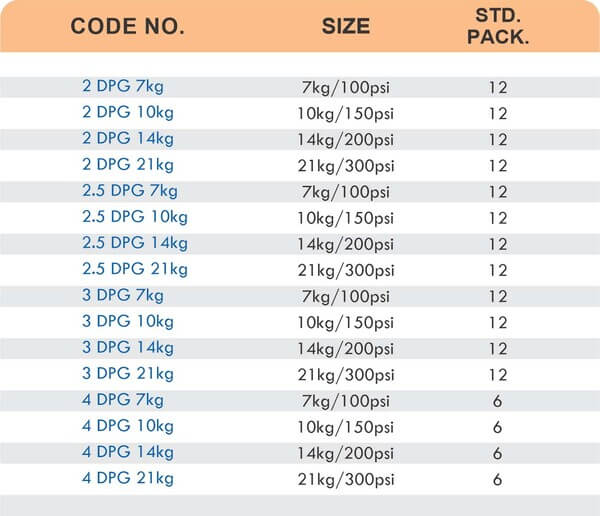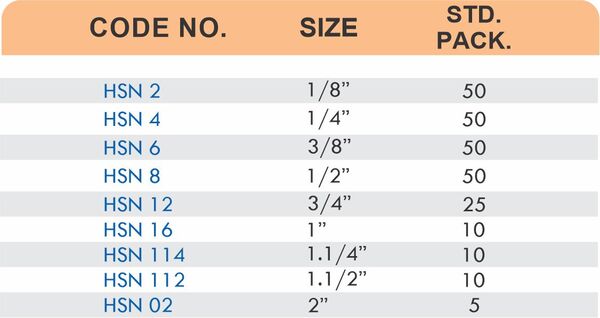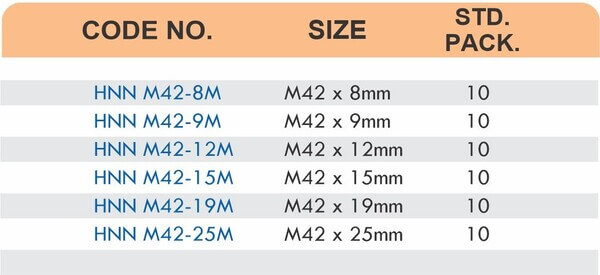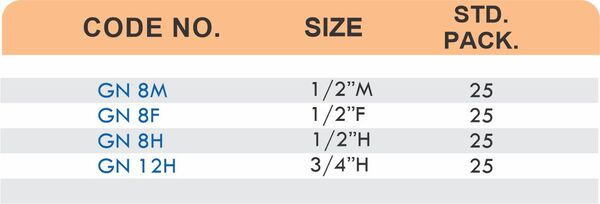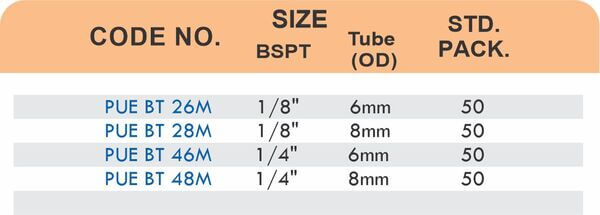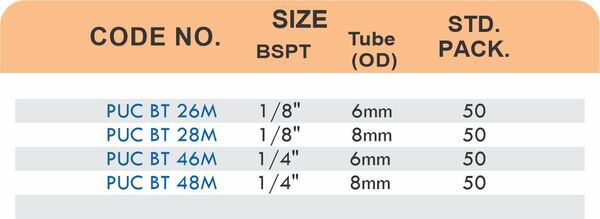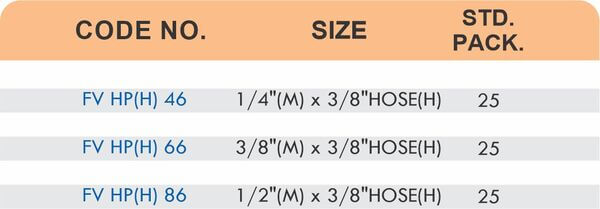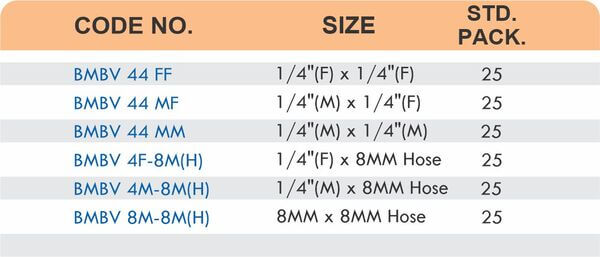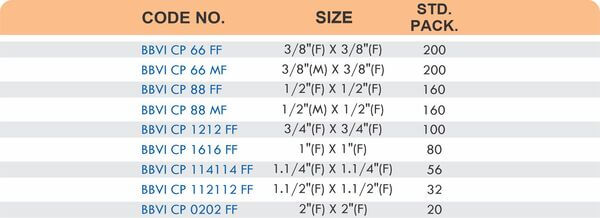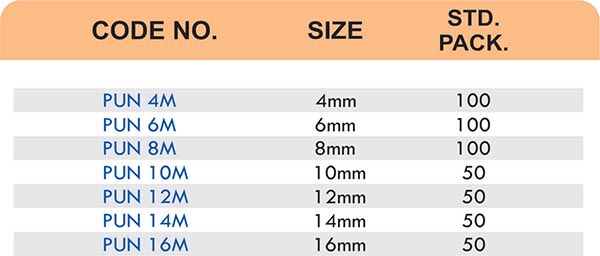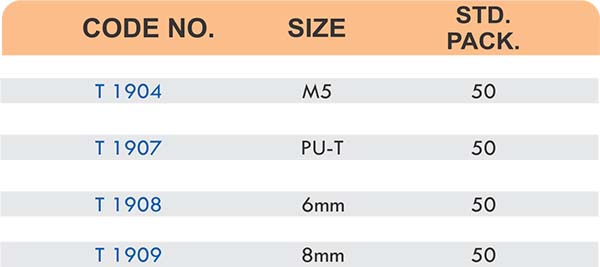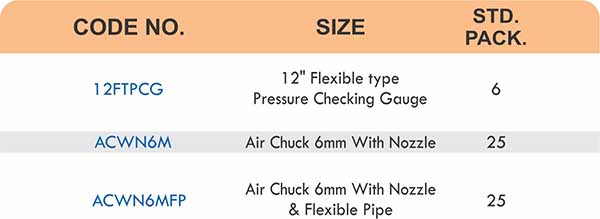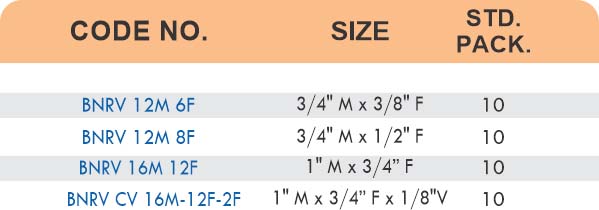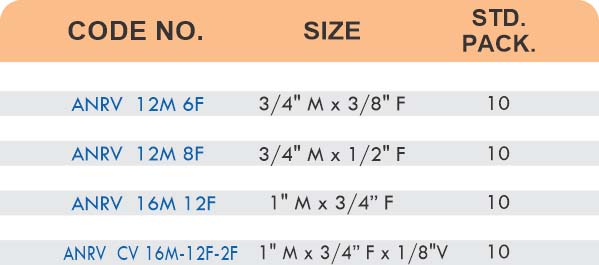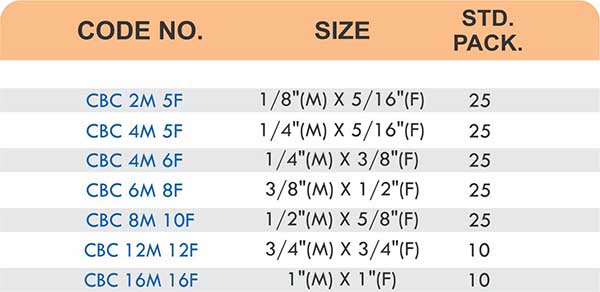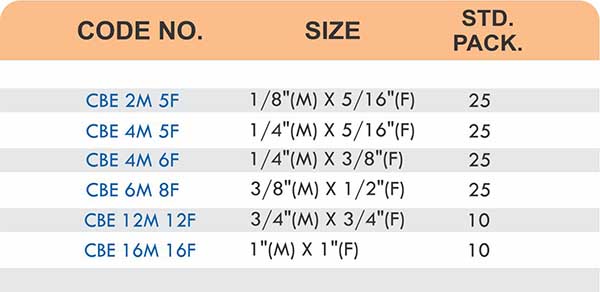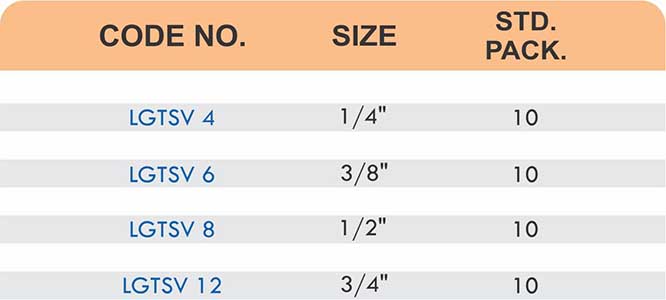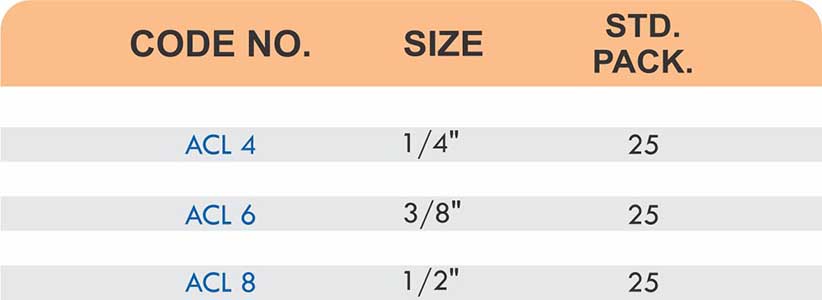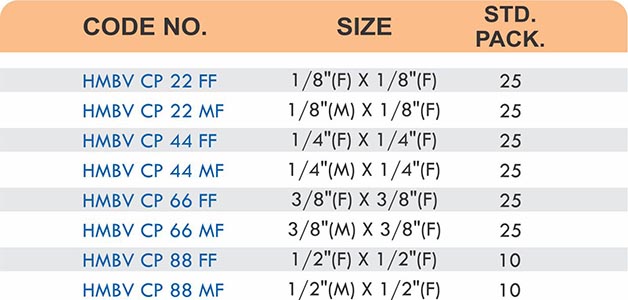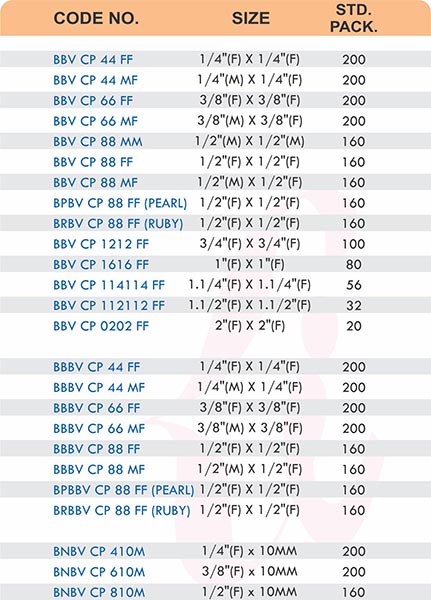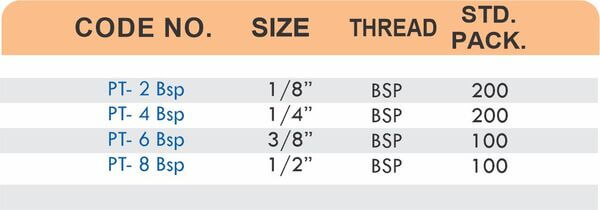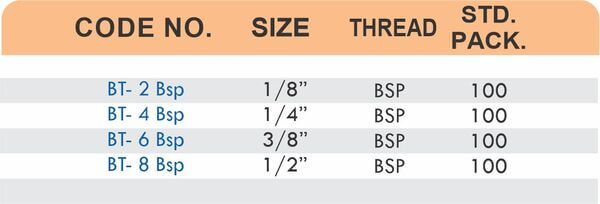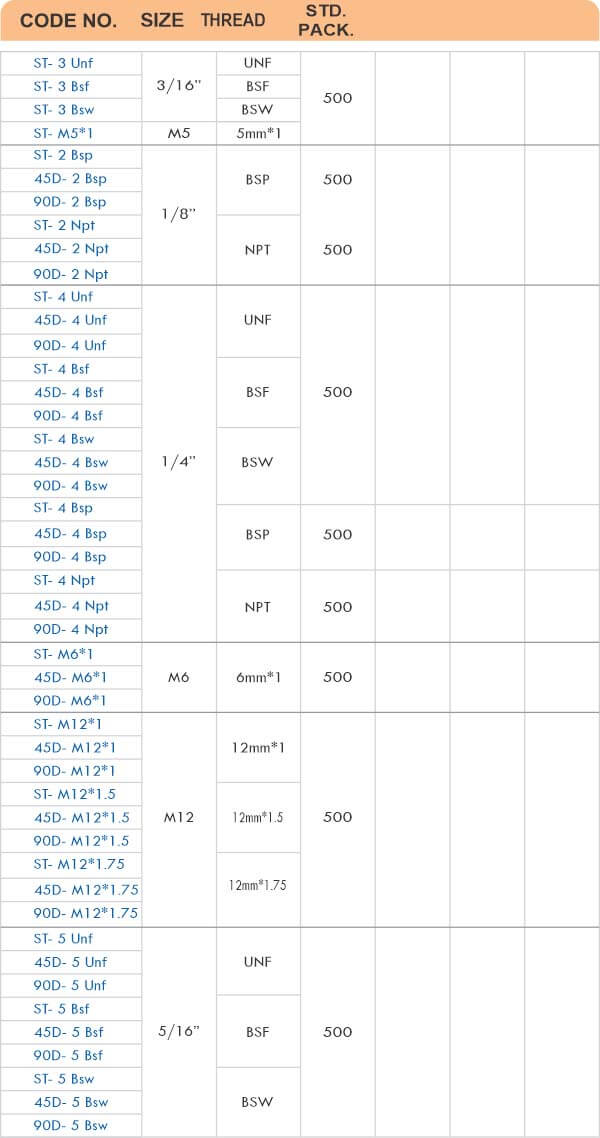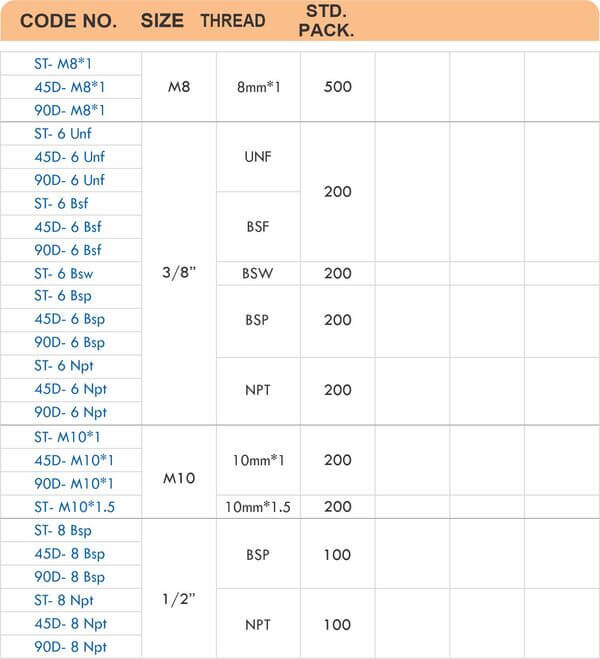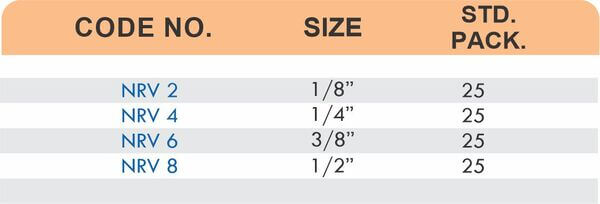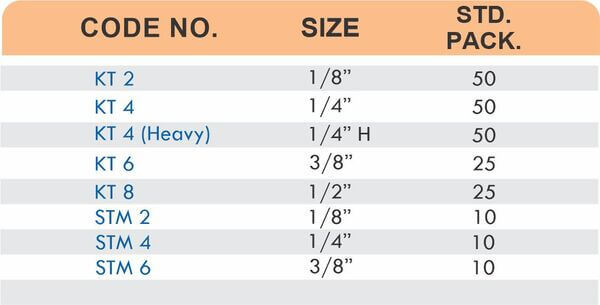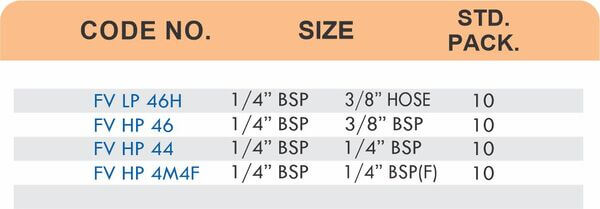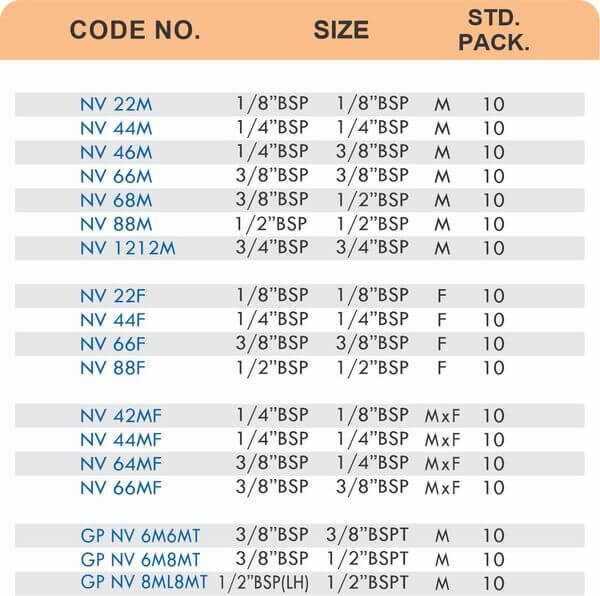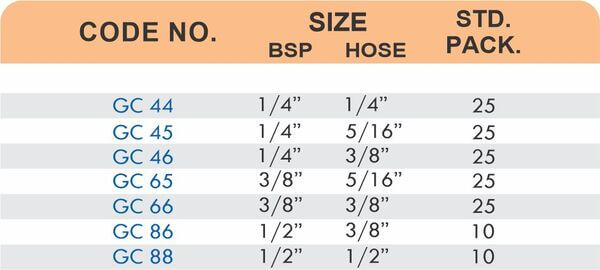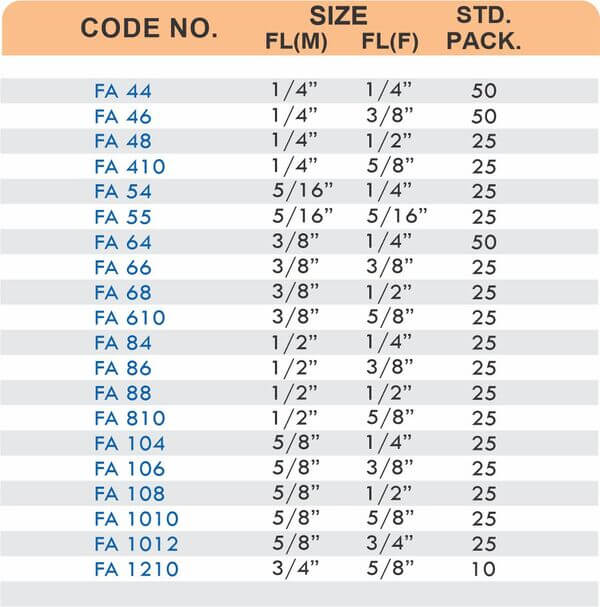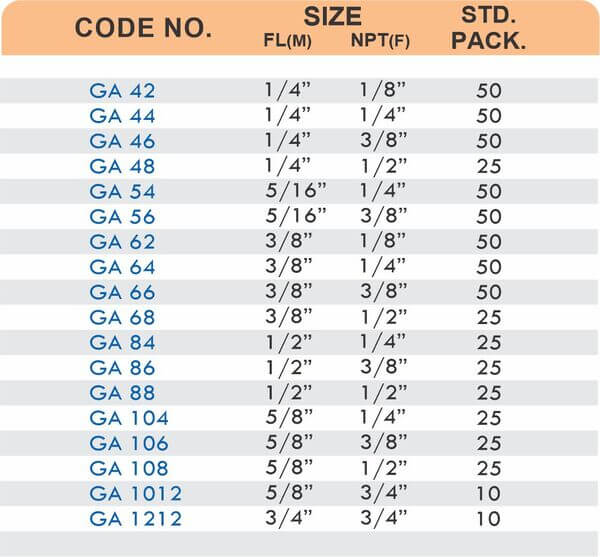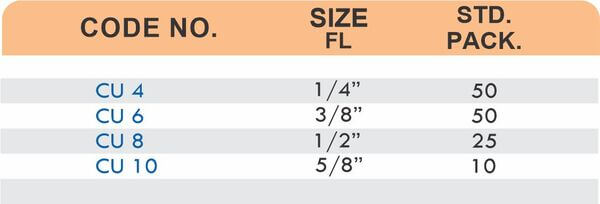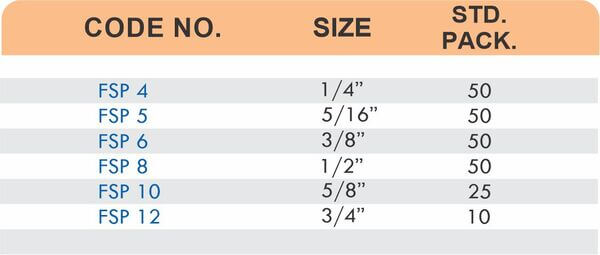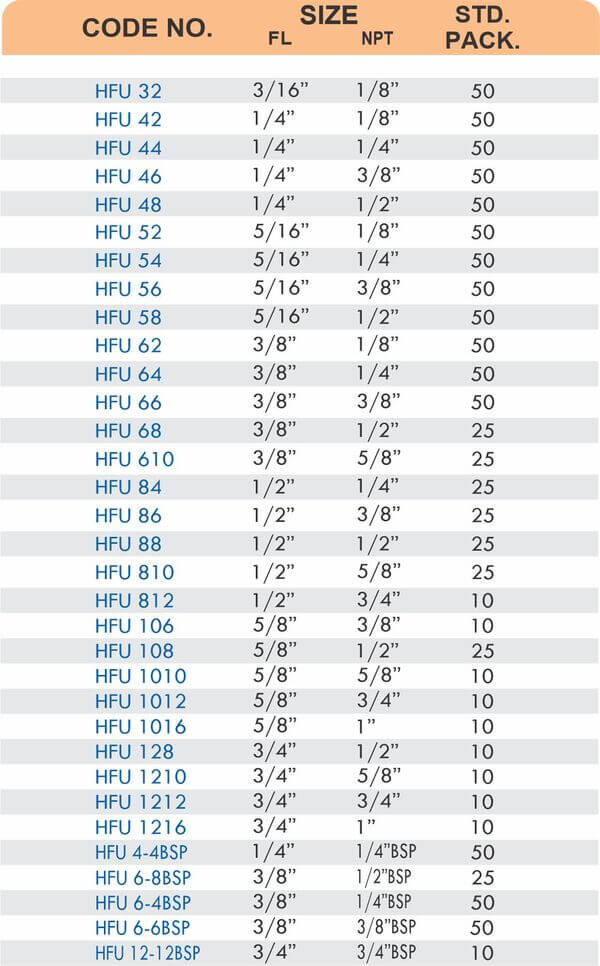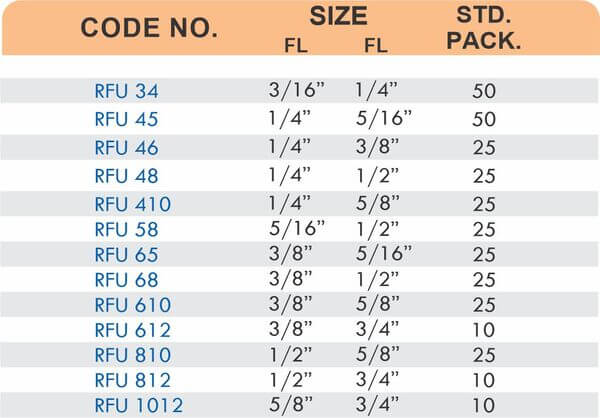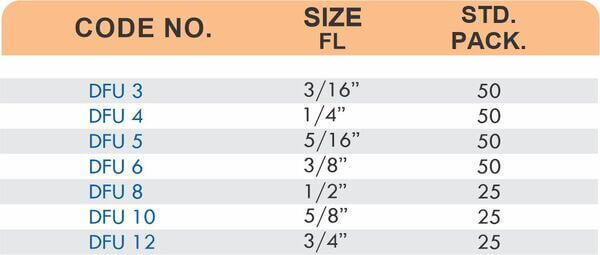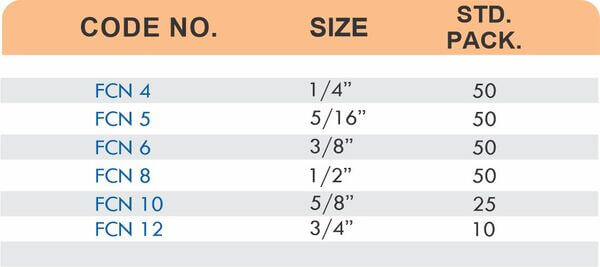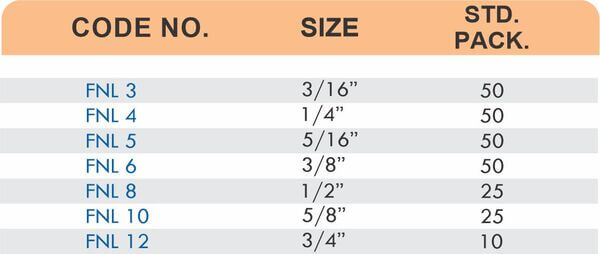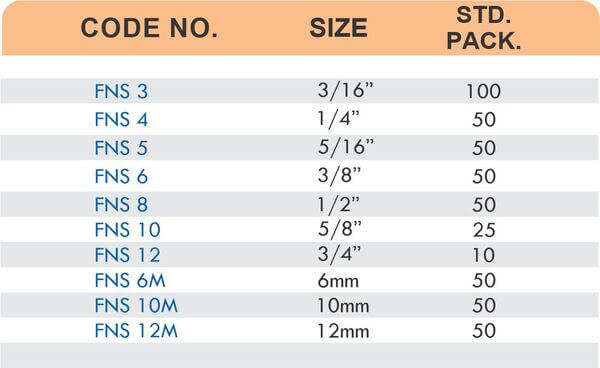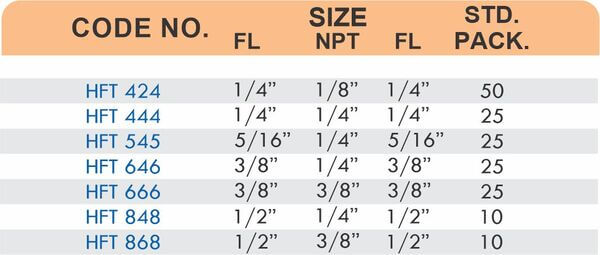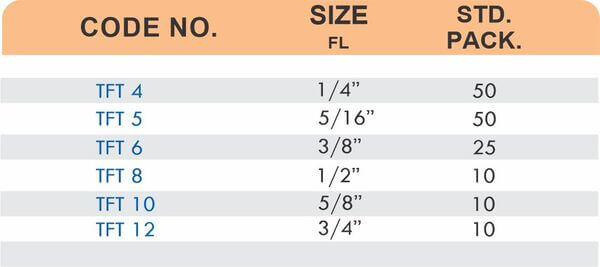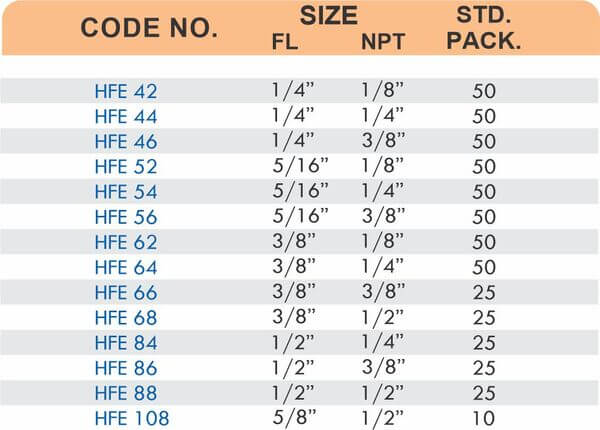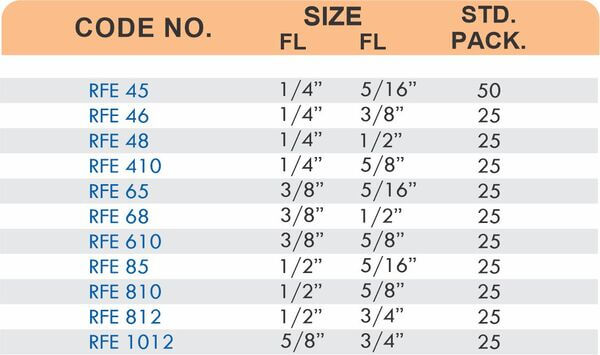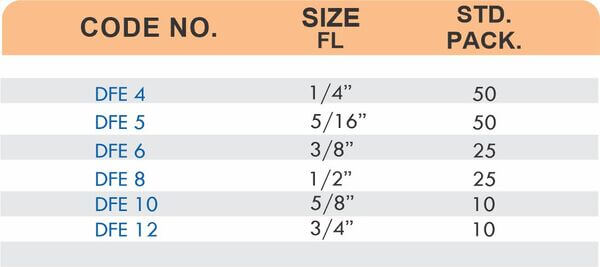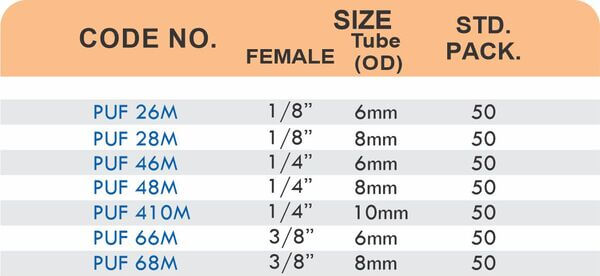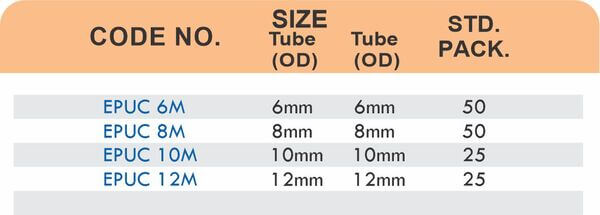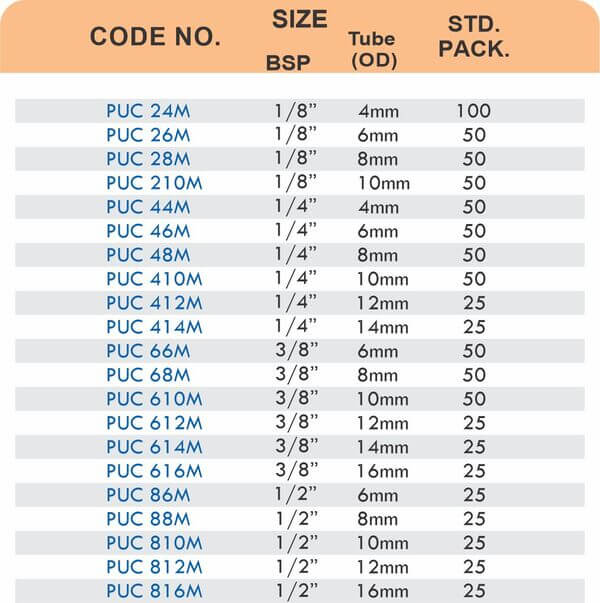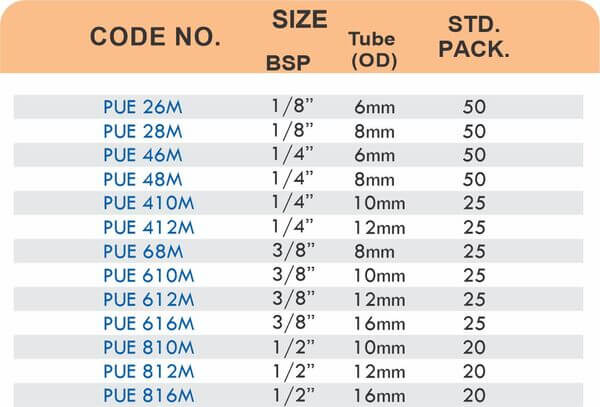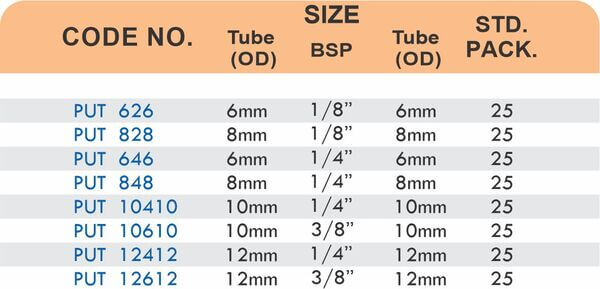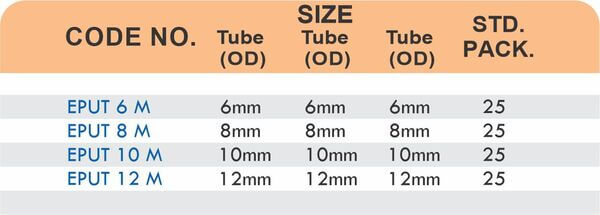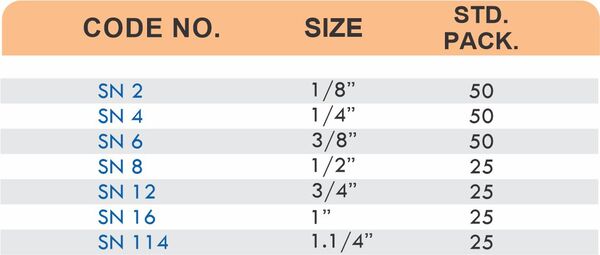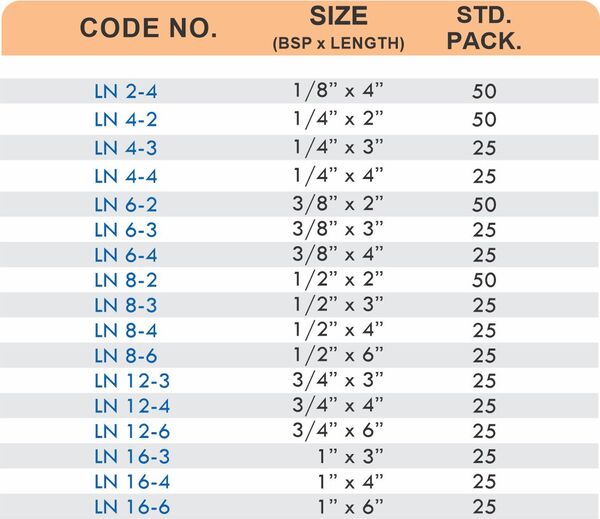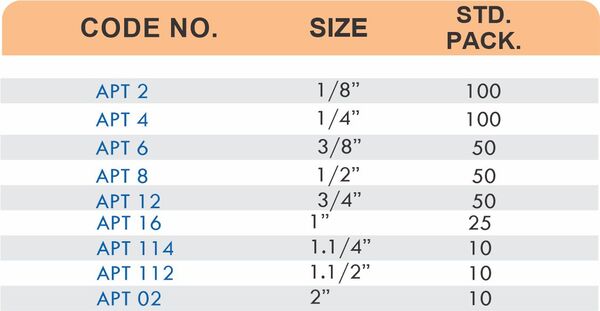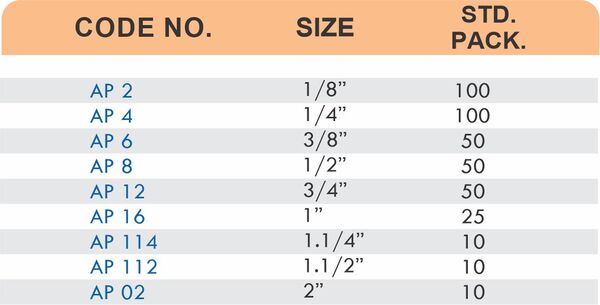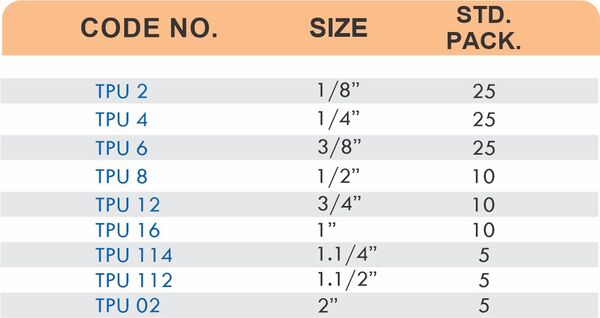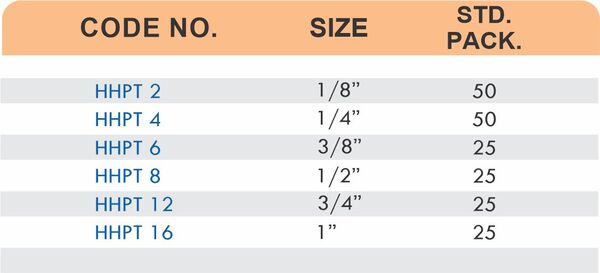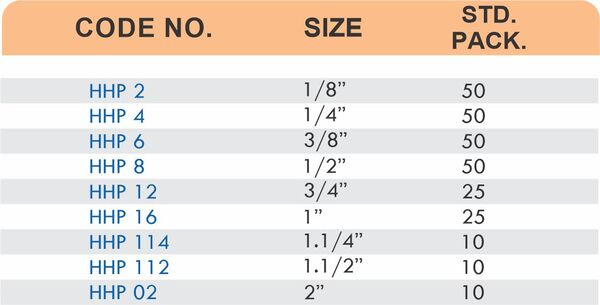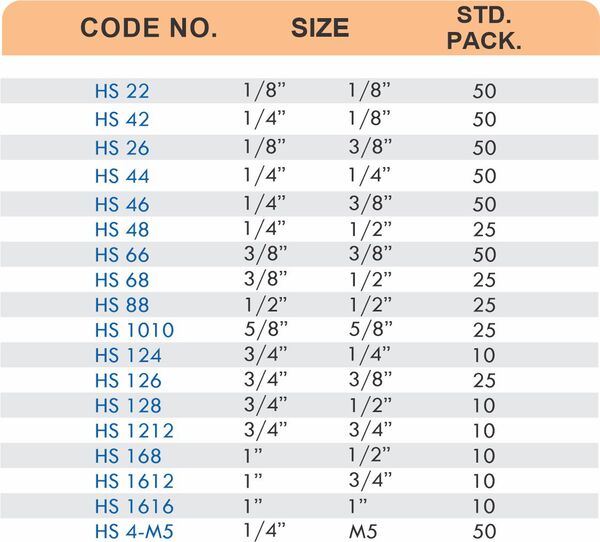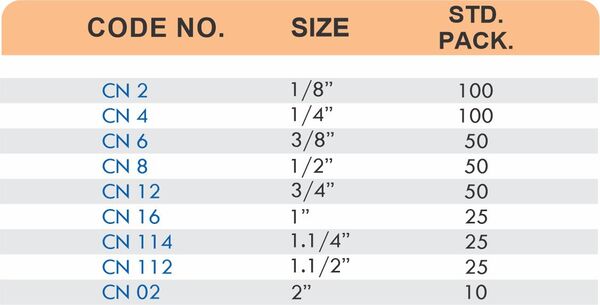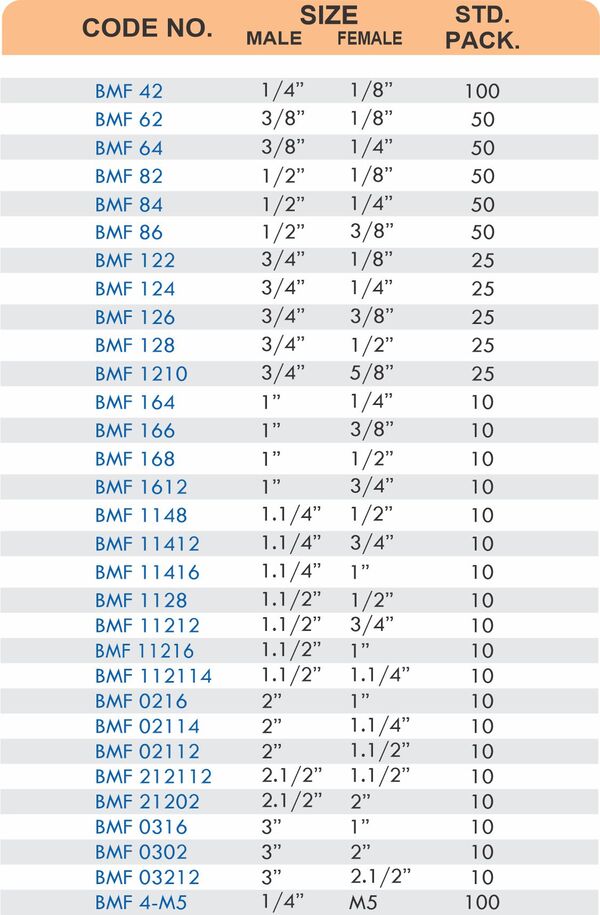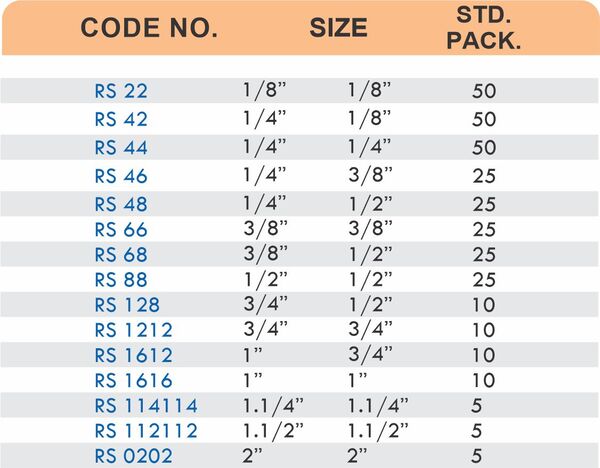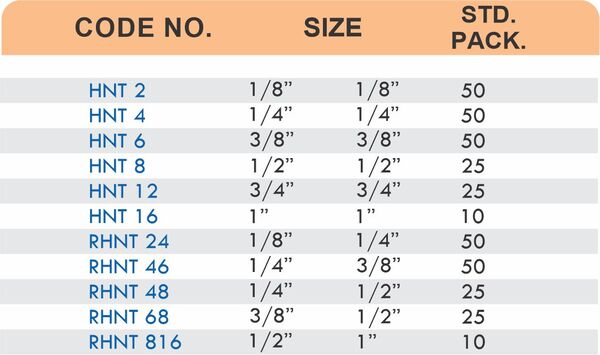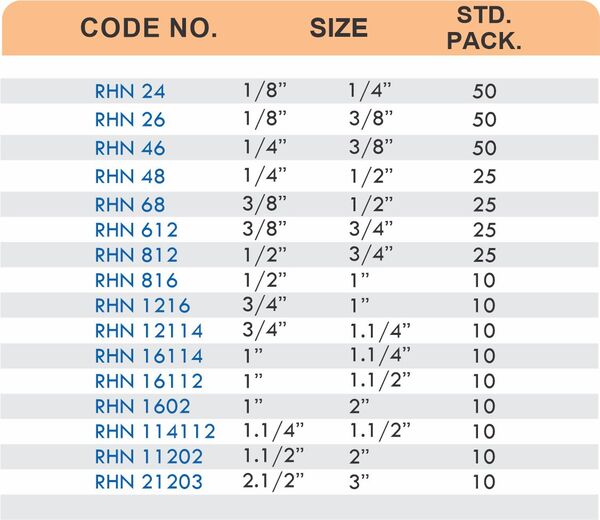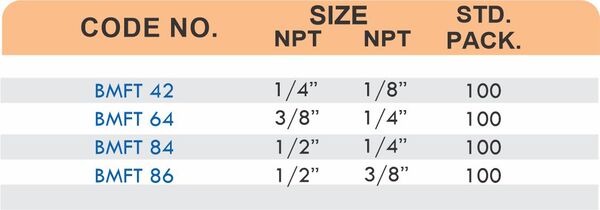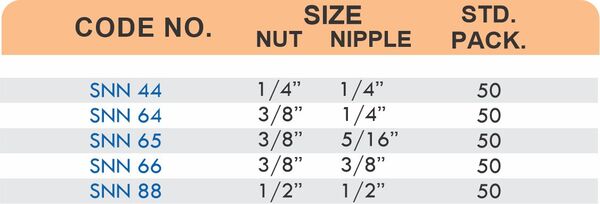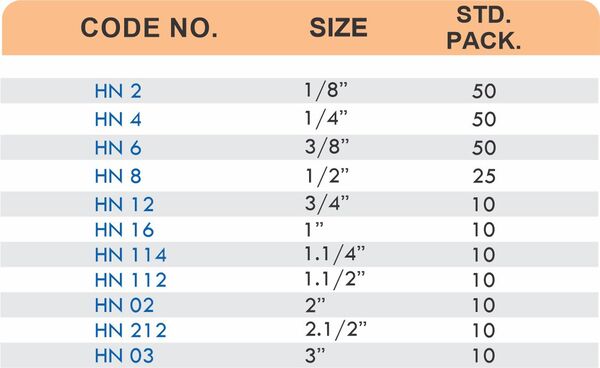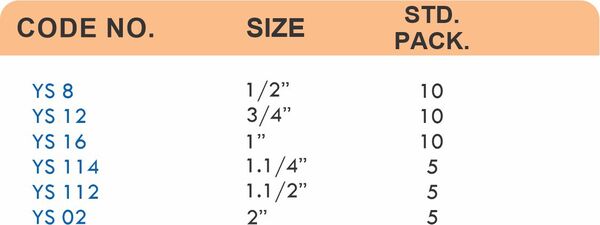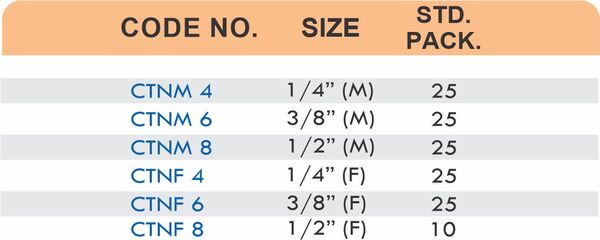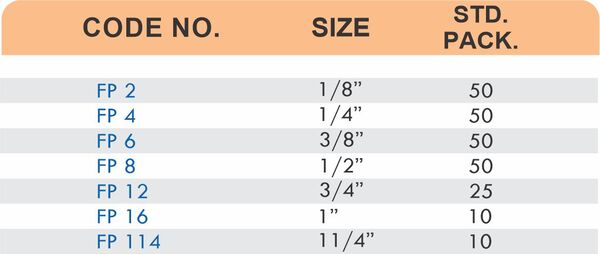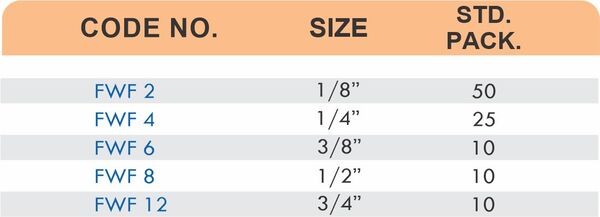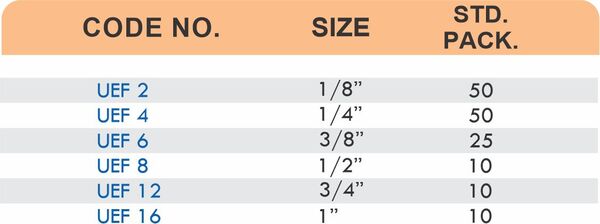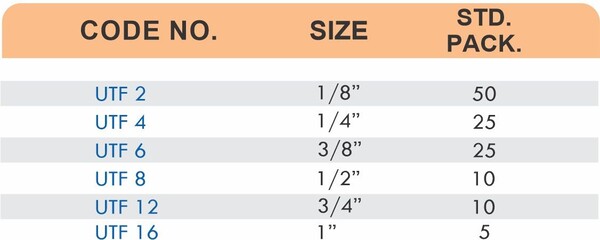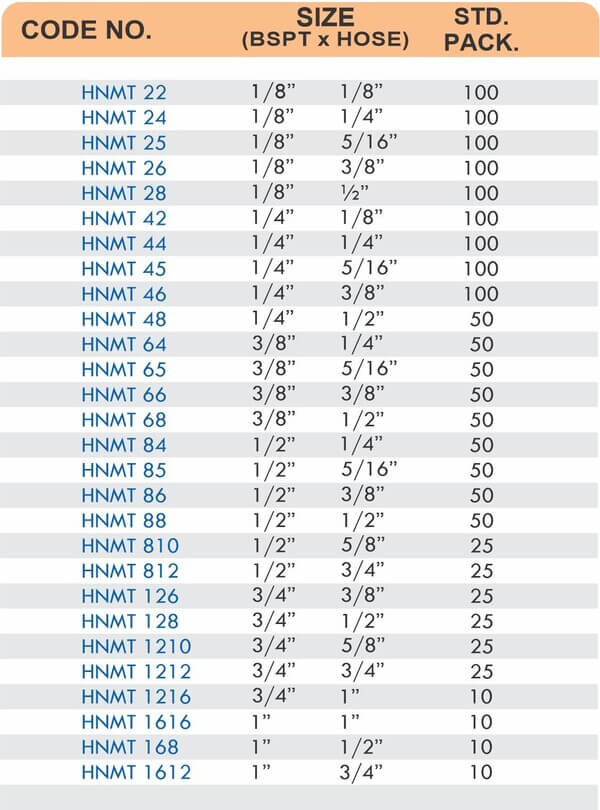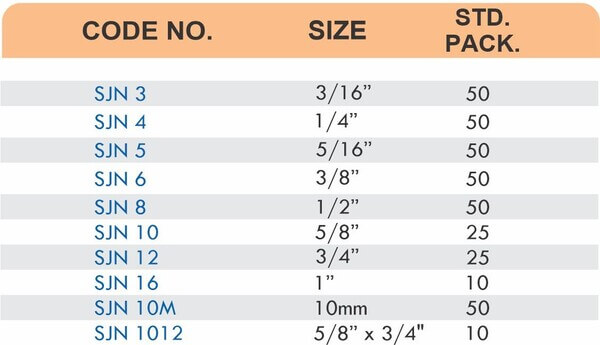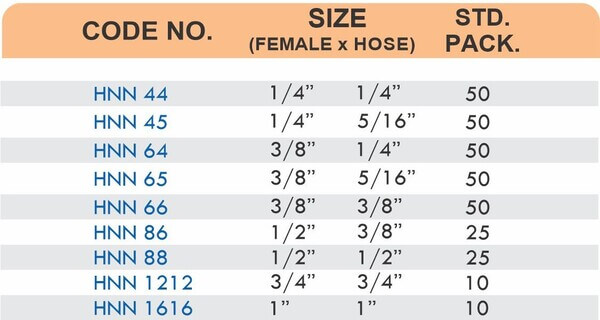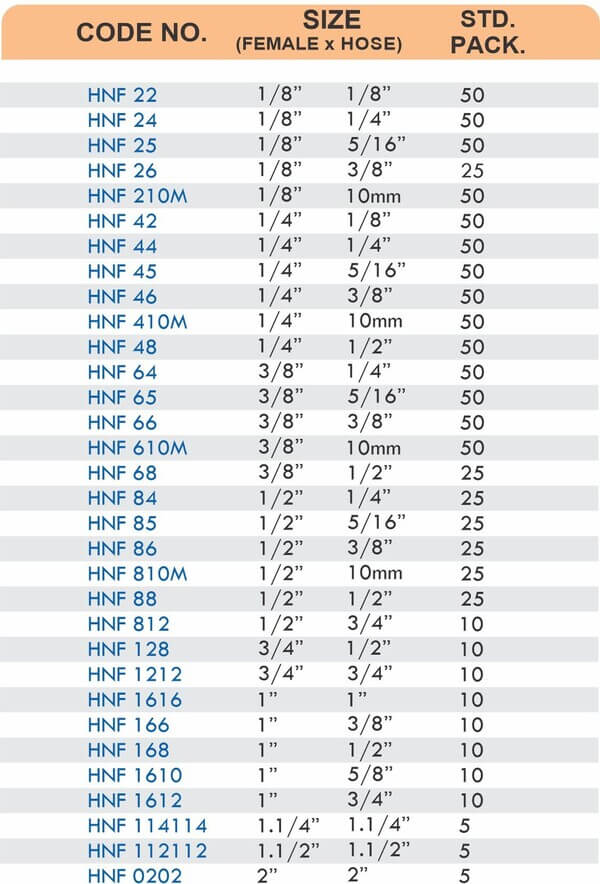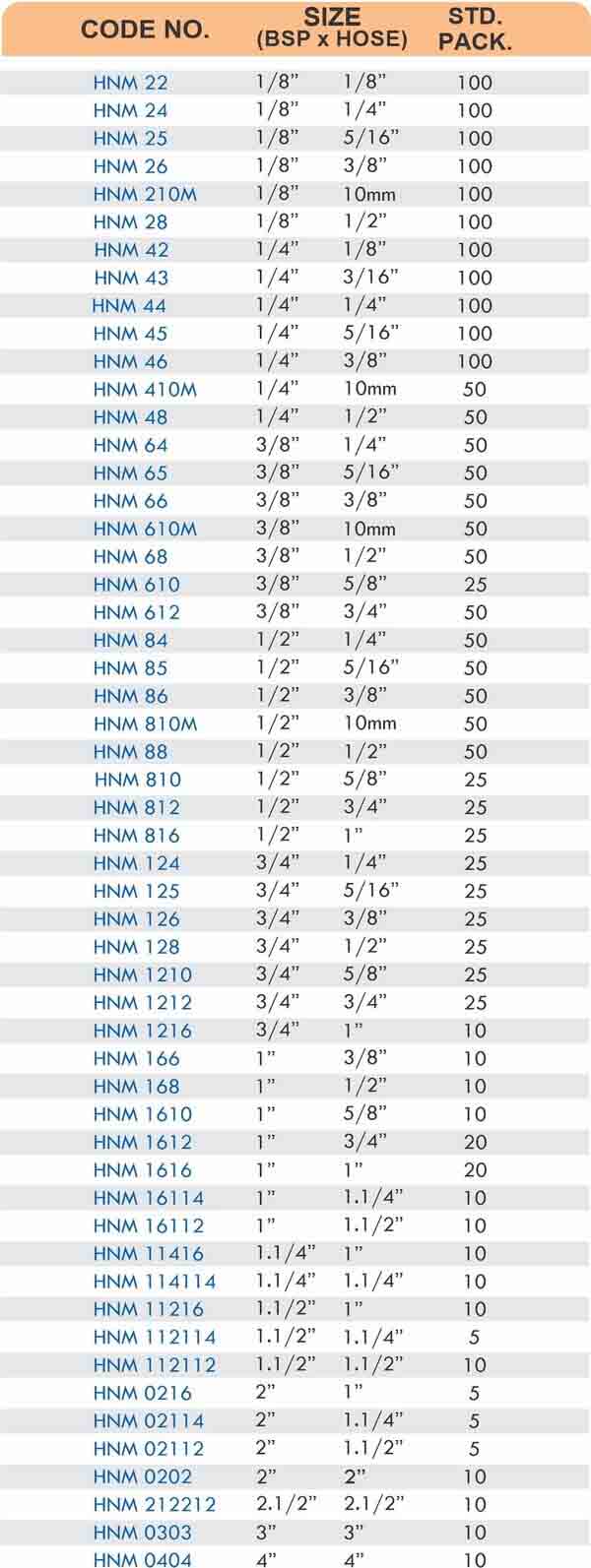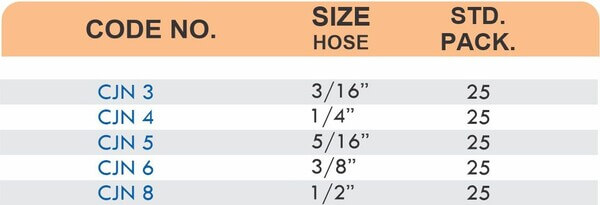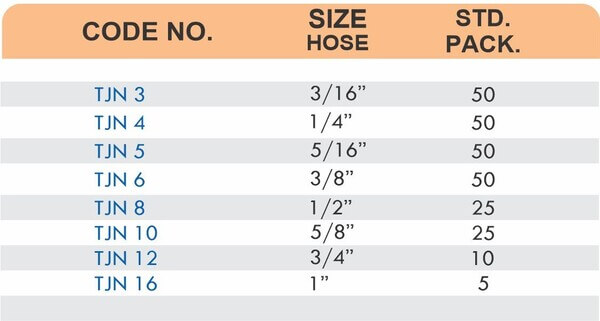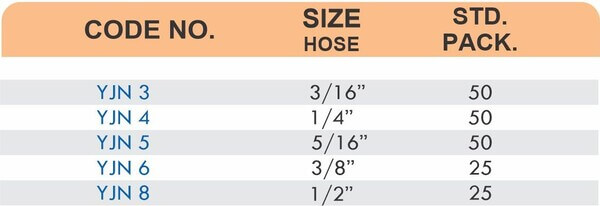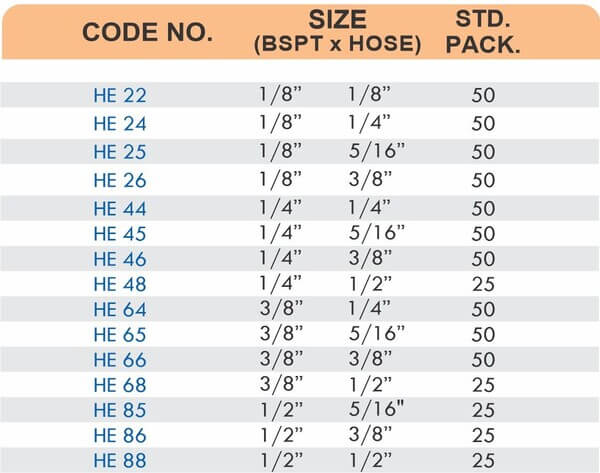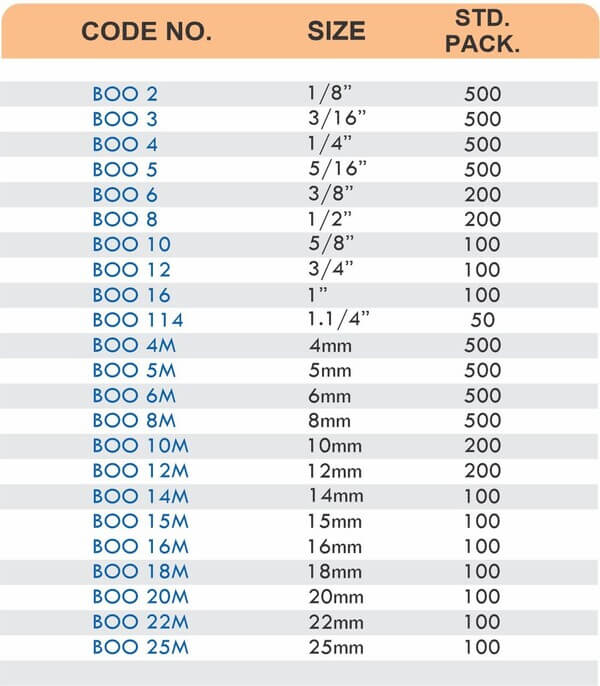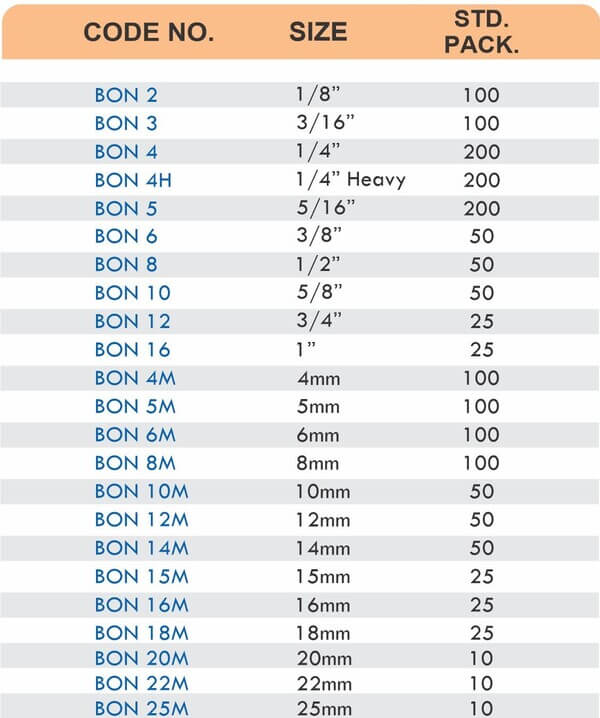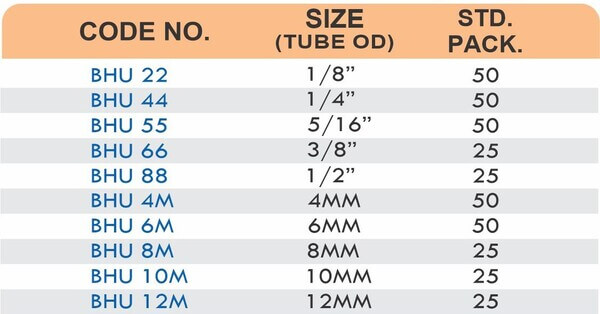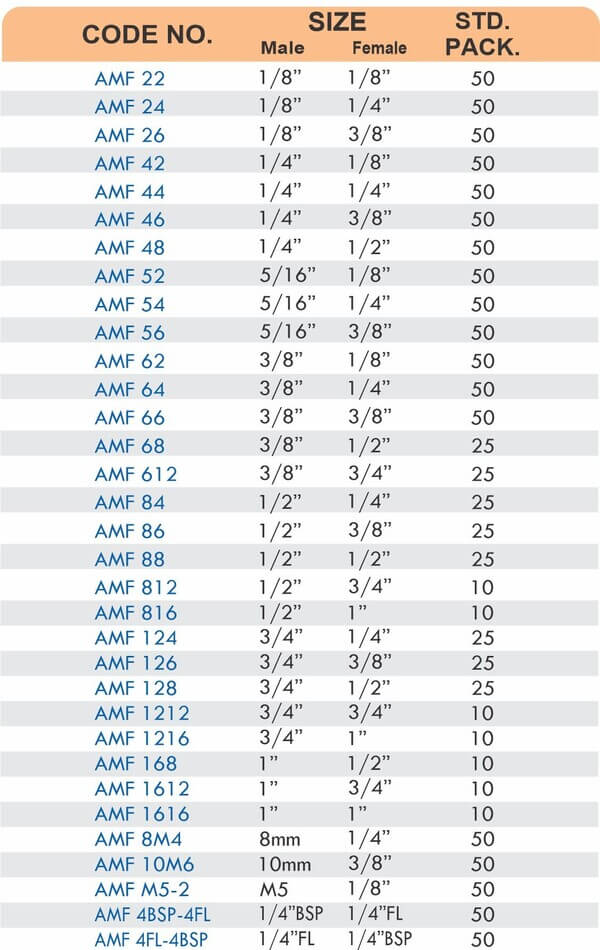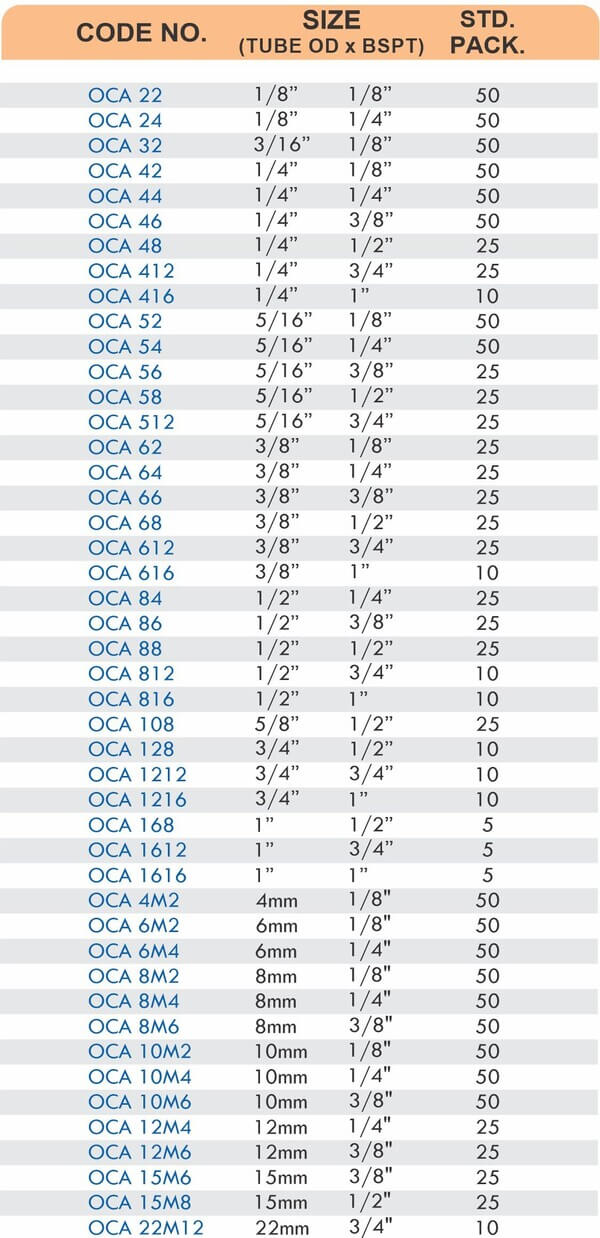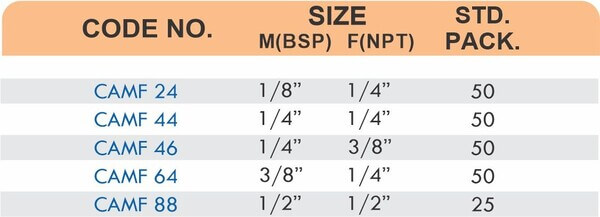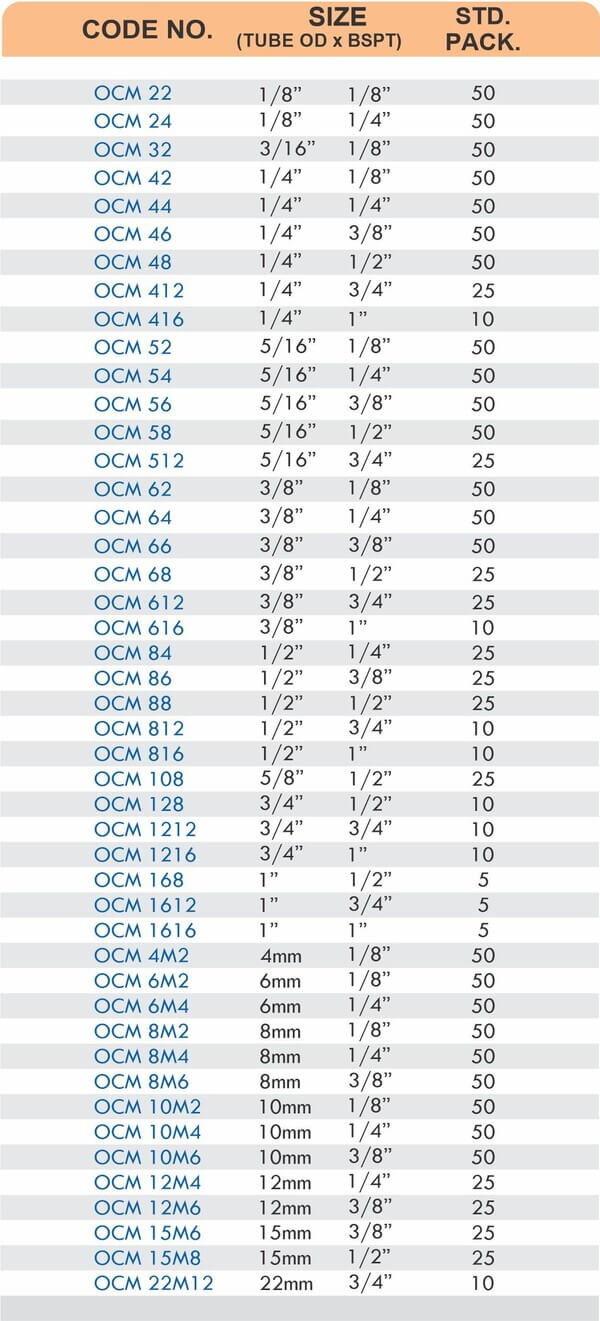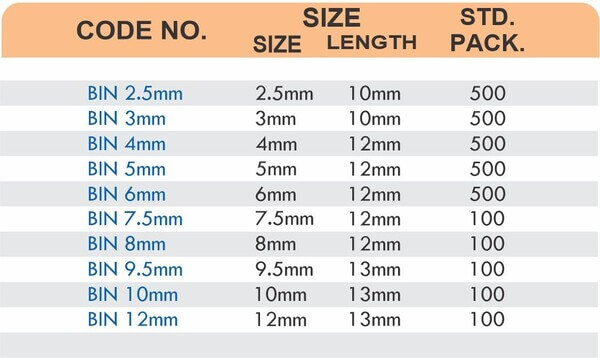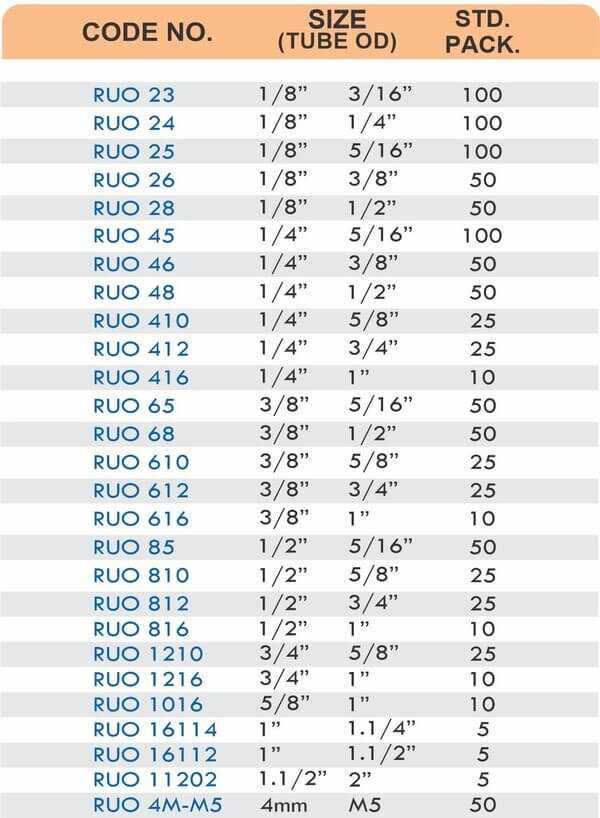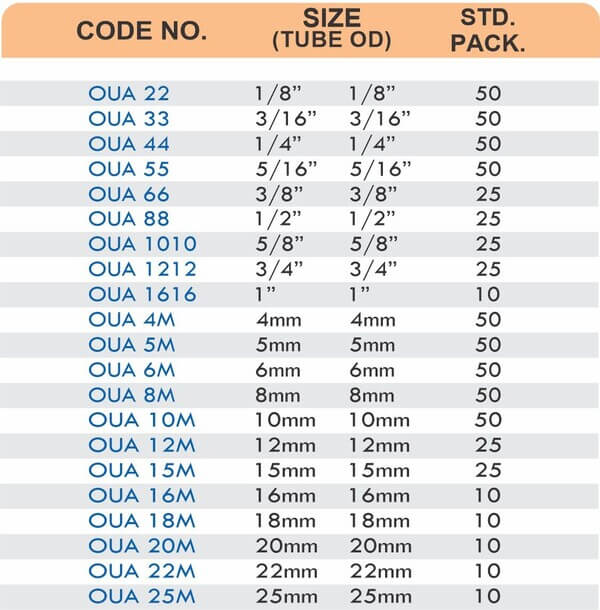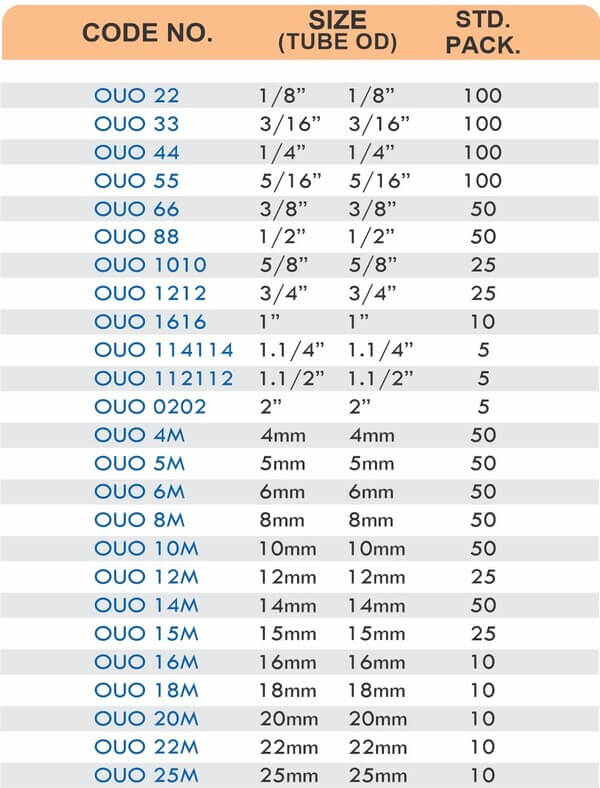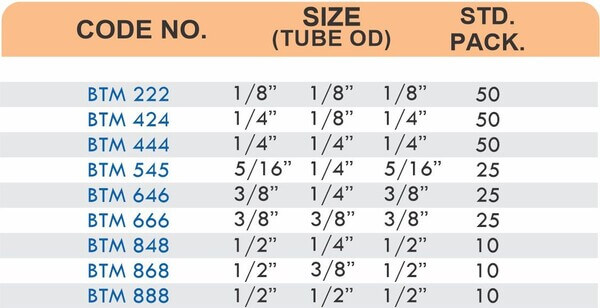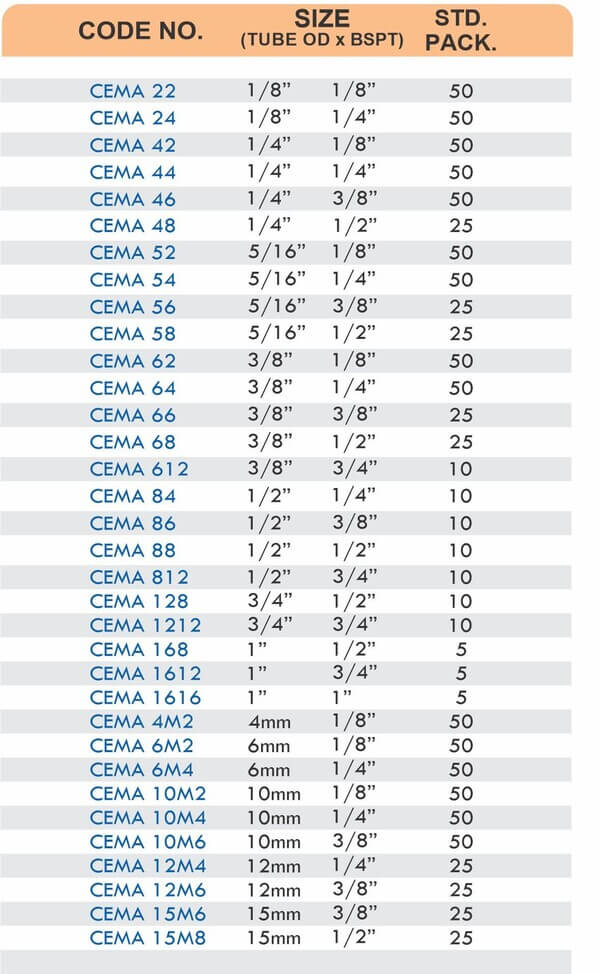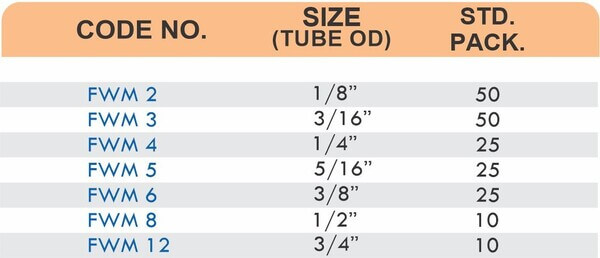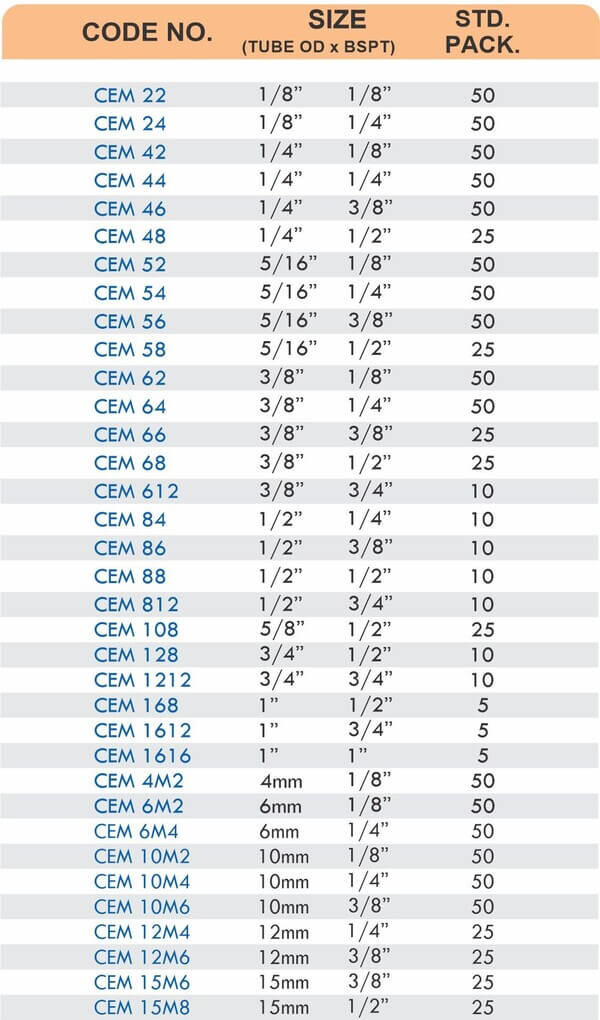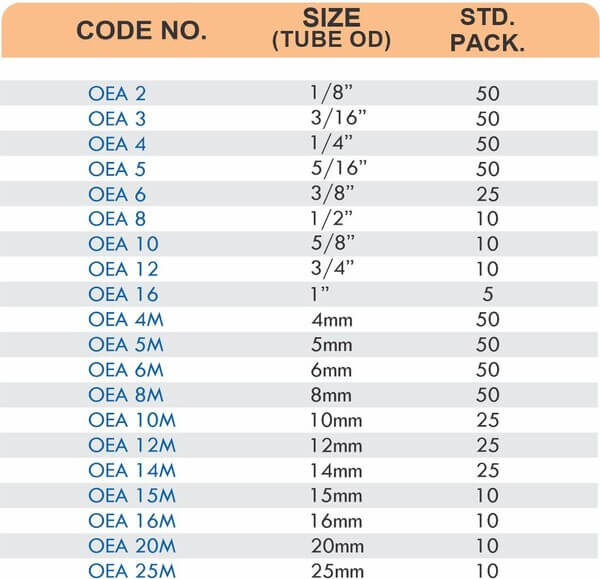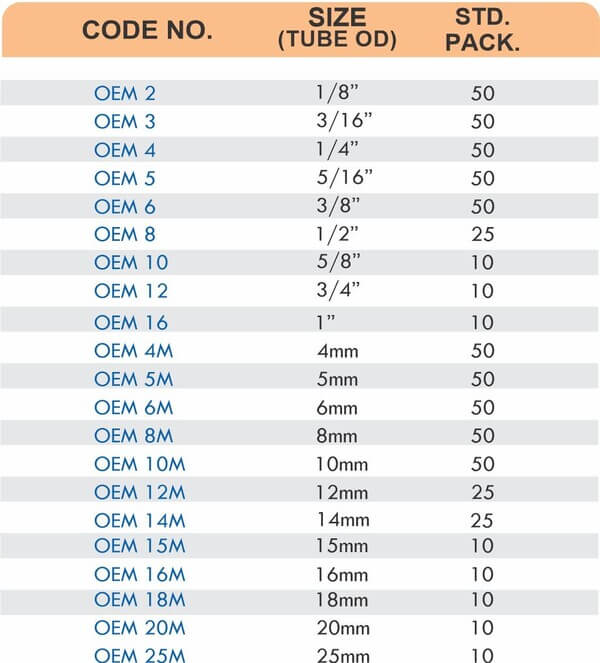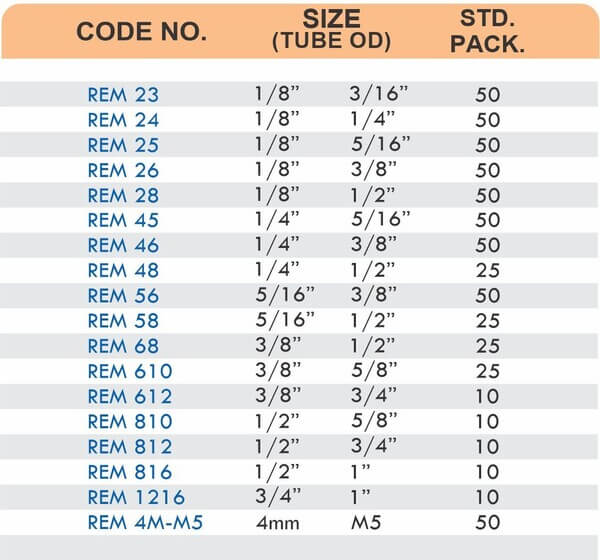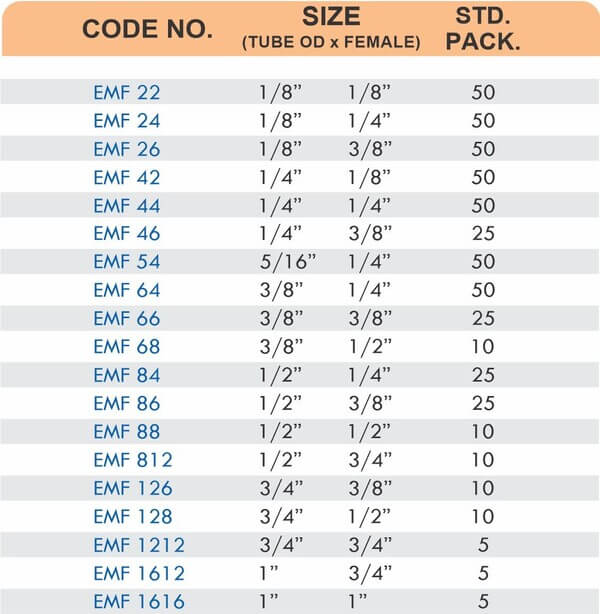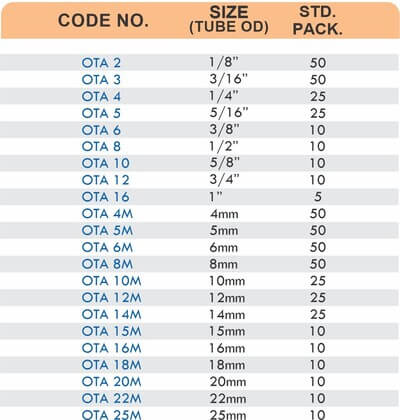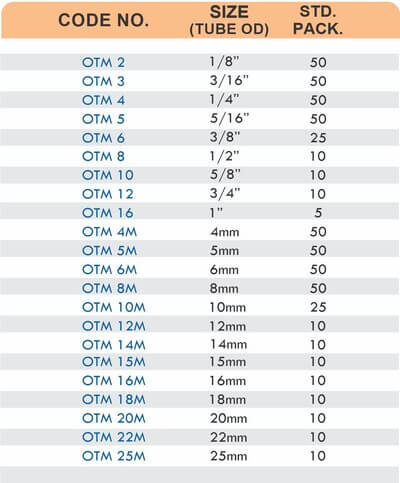
Brass Fittings Manufacturer India: Premium Pipe Fittings for Industry
Industrial systems fail when connection points cannot handle the pressure, temperature, and corrosive conditions they face daily. Sourcing brass fittings from manufacturers that cut corners on material quality, dimensional accuracy, or testing protocols creates vulnerabilities that cascade into leaks, contamination, and costly downtime across entire operations.
India has emerged as a global manufacturing hub for premium brass fittings that meet international standards while delivering cost advantages competitors cannot match. Indian manufacturers combine skilled craftsmanship, advanced CNC machining, and rigorous quality protocols to produce fittings that perform reliably in the harshest industrial environments.
This article explores why India leads brass fittings manufacturing, the technical processes that ensure premium quality, how to identify manufacturers capable of meeting industrial requirements, and what makes Indian brass fittings the strategic choice for global industrial applications.
India’s Position in Global Brass Fittings Manufacturing
Manufacturing Hub Concentration
Jamnagar in Gujarat has earned recognition as the “Brass City of India” due to its concentrated manufacturing ecosystem. This regional specialization creates competitive advantages through skilled labor pools, established supply chains, and infrastructure specifically designed for brass component production.
The concentration of manufacturers fosters innovation and quality competition. Companies push each other to adopt better processes, tighter tolerances, and more rigorous testing protocols to maintain market position.
Strategic location near shipping ports facilitates efficient export operations. Manufacturers can deliver products to global markets with shorter lead times and lower logistics costs than alternatives.
Scale and Capability Advantages
Indian manufacturers operate modern facilities with CNC machining centers, automated forging equipment, and computerized quality control systems. This equipment matches or exceeds what premium manufacturers worldwide use.
Production volumes enable economies of scale that reduce per-unit costs without compromising quality. Large manufacturers handle both high-volume standard products and custom orders for specialized applications.
Three decades of manufacturing experience has refined processes and built institutional knowledge. This expertise translates to consistent quality and the ability to solve complex fitting challenges.
The Premium Manufacturing Process
Raw Material Selection and Alloy Control
Premium brass fittings start with carefully selected copper and zinc that meet strict purity specifications. The alloy composition determines corrosion resistance, strength, and machinability in the finished product.
Indian manufacturers source raw materials from verified suppliers and test each batch for composition before melting. This verification prevents material inconsistencies that would compromise fitting performance.
Different brass alloys serve different applications. C36000 series provides excellent machinability for complex shapes while C37700 offers superior corrosion resistance for harsh environments.
Melting and Casting Operations
The brass gets melted in temperature-controlled furnaces that ensure complete alloying and homogeneity. Molten brass flows into molds or gets cast into billets for subsequent forging operations.
Die casting creates complex shapes in single operations with minimal material waste. This process suits high-volume production while maintaining dimensional consistency across thousands of parts.
Quality casting operations control cooling rates to prevent internal stresses and porosity. These defects would compromise pressure ratings and create premature failure points.
Hot Forging for Strength
Brass billets get heated to optimal forging temperatures and shaped using precision dies. Hot forging not only forms the fitting but also improves mechanical properties through grain structure refinement.
The forging pressure compresses the metal, eliminating voids and creating dense, strong components. Forged fittings handle higher pressures than cast alternatives of identical dimensions.
Modern forging operations use multi-stage dies that progressively shape complex geometries. This capability allows manufacturers to produce intricate fittings without secondary assembly operations.
CNC Machining for Precision
Computer-controlled machining centers cut threads, drill passages, and create sealing surfaces to exact specifications. CNC operations achieve tolerances impossible with manual machining while maintaining consistency across production runs.
Thread profiles get cut to precise depths and pitches that ensure proper sealing. Dimensional accuracy at this stage directly impacts whether fittings leak or seal reliably under pressure.
Automated tool changing and part handling speeds production while reducing human error. A single CNC machine can complete multiple operations without manual intervention.
Surface Treatment and Protection
Surface finishing improves both appearance and performance. Polishing removes machining marks, while plating or coating provides additional corrosion protection for demanding applications.
Treatment selection depends on application requirements. Nickel plating offers enhanced corrosion resistance while powder coating provides chemical protection in process industries.
The smooth finish also facilitates cleaning and inspection. Rough surfaces hide defects and accumulate contaminants that accelerate corrosion.
Quality Assurance and Testing Standards
Dimensional Inspection Protocols
Every fitting undergoes dimensional verification using precision measuring equipment. Thread gauges, calipers, and coordinate measuring machines confirm that parts meet drawing specifications.
Statistical process control tracks measurements across production runs. This data identifies process drift before parts fall out of specification, preventing defective products from reaching customers.
First article inspection validates new production setups. Manufacturers verify dimensions, material properties, and performance before committing to full production runs.
Pressure and Leak Testing
Hydrostatic testing confirms fittings can withstand design pressures without leaking or bursting. Test pressures typically reach 1.5 to 2 times the maximum operating pressure rating.
Leak detection uses pressurized air and soap solution or submersion tanks. Even minor leaks that would cause problems in service get identified and rejected before shipping.
Testing protocols follow international standards including ASTM, ISO, and industry-specific requirements. Compliance ensures fittings perform reliably in certified applications.
Material Certification
Spectrographic analysis verifies brass composition matches specifications. This testing catches substitution of inferior alloys that would compromise performance.
Mechanical property testing confirms strength, hardness, and ductility meet requirements. Tensile tests, hardness measurements, and impact testing validate material performance.
Certification documentation accompanies shipments, providing traceability from raw material through finished product. This documentation satisfies quality system requirements and regulatory compliance.
Industrial Applications Across Sectors
Heavy Industry and Chemical Processing
Chemical plants use brass fittings for process piping that handles corrosive fluids. The material’s resistance to many chemicals combined with mechanical strength makes it suitable for these demanding applications.
Power generation facilities rely on brass for steam systems, cooling circuits, and auxiliary equipment. Temperature tolerance and pressure capacity suit these critical applications.
Oil and gas operations specify brass for instrumentation tubing, control systems, and low-pressure process connections where corrosion resistance matters.
Manufacturing and Automation
Pneumatic systems in manufacturing plants use brass compression fittings for air lines, tool connections, and control circuits. The reliability prevents production disruptions from failed connections.
Hydraulic systems benefit from brass’s strength and leak-resistant properties. Mobile equipment, industrial machinery, and testing rigs all depend on brass fittings.
Coolant systems in machining operations use brass for distribution headers and equipment connections. The corrosion resistance handles water-based coolants without degradation.
Infrastructure and Building Systems
HVAC installations specify brass for refrigerant lines, condensate drains, and control piping. The material handles temperature extremes while resisting corrosion from moisture exposure.
Plumbing systems in commercial buildings use brass extensively for supply lines, fixture connections, and control valves. The combination of strength, corrosion resistance, and aesthetic appeal suits these applications.
Fire suppression systems require fittings that maintain integrity during decades of standby service. Brass delivers this reliability while resisting corrosion from stagnant water.
Cost Advantages Without Quality Compromise
Competitive Manufacturing Economics
Indian manufacturers deliver premium brass fittings at costs 20-40% below Western alternatives. Lower labor costs combined with efficient operations create this advantage without sacrificing quality.
The savings extend beyond purchase price. Reliable fittings reduce maintenance costs, eliminate emergency repairs, and extend system service life.
Volume production capabilities allow manufacturers to offer quantity discounts that benefit large projects. Custom orders get produced efficiently using the same equipment that handles standard products.
Export Infrastructure and Certifications
Indian manufacturers hold ISO certifications, ASTM compliance, and industry-specific approvals that satisfy global procurement requirements. Products meet standards for markets in North America, Europe, and Asia.
Established shipping infrastructure moves products efficiently to international destinations. Manufacturers handle documentation, packaging, and logistics that ensure on-time delivery.
Technical support extends globally through responsive communication and engineering expertise. Manufacturers work with customers to solve application challenges and develop custom solutions.
Selecting the Right Manufacturing Partner
Quality System Verification
Look for manufacturers with documented quality management systems certified to ISO 9001 or equivalent standards. These certifications indicate systematic approaches to quality control.
Review testing capabilities and inspection equipment. Manufacturers with in-house testing can validate performance without relying on third parties.
Request material certifications and test reports. Reputable manufacturers provide documentation that traces products from raw material through final inspection.
Technical Capability Assessment
Evaluate manufacturing equipment and processes. Modern CNC machines, automated inspection, and controlled heat treating indicate serious commitment to quality.
Assess engineering support capabilities. Manufacturers that can provide technical assistance, custom designs, and application guidance add value beyond basic product supply.
Review product range and customization options. Comprehensive offerings indicate manufacturing flexibility and the ability to meet diverse requirements.
Supply Chain Reliability
Verify production capacity and lead times. Manufacturers should demonstrate ability to meet volume requirements within required delivery schedules.
Check inventory policies for standard products. Maintained stock enables quick delivery of common fittings without production delays.
Evaluate communication responsiveness and order tracking capabilities. Reliable manufacturers provide visibility into order status and proactively address potential issues.
FAQs
Q: What makes Indian brass fittings competitive with European or American manufacturers?
A: Indian manufacturers use identical CNC machining and quality control technologies while benefiting from lower operating costs. The combination delivers fittings meeting international standards at 20-40% cost savings. Established export infrastructure and ISO certifications ensure products satisfy global procurement requirements.
Q: How do Indian manufacturers ensure consistent quality across large production runs?
A: Statistical process control monitors dimensions and properties throughout production. CNC machining eliminates manual variation while automated inspection catches defects before shipping. First article inspection validates setups and ongoing testing confirms every batch meets specifications.
Q: Can Indian manufacturers handle custom brass fitting requirements?
A: Modern Indian manufacturers operate flexible production systems capable of both high-volume standard products and custom orders. CNC equipment adapts quickly to new designs while engineering teams work with customers to develop specialized solutions. The same quality standards apply to custom and standard products.
Q: What lead times should buyers expect from Indian brass fittings manufacturers?
A: Standard products maintained in inventory ships within days. Custom orders typically require 4-8 weeks including engineering, tooling, and production. Large volume orders may extend lead times but manufacturers communicate realistic schedules and meet committed dates.
Q: How does Jamnagar’s manufacturing ecosystem benefit brass fitting buyers?
A: The concentration of manufacturers in Jamnagar creates competitive pressure that drives quality improvement and cost efficiency. Specialized infrastructure, skilled labor availability, and established supply chains all contribute to reliable production. The competitive environment ensures manufacturers maintain high standards to retain customers.
Conclusion
India’s brass fittings manufacturing industry combines advanced technology, skilled craftsmanship, and rigorous quality control to deliver premium products at competitive prices. Selecting the right manufacturing partner provides access to these advantages while ensuring products meet the demanding requirements industrial applications require.
Evaluate potential suppliers based on quality certifications, technical capabilities, and track records that demonstrate consistent performance. The investment in finding the right manufacturer pays dividends through reliable products that eliminate costly failures.
K K International manufactures premium brass fittings in India’s specialized manufacturing hub of Jamnagar. Our CNC machining centers, rigorous testing protocols, and three decades of experience deliver fittings that meet international standards while providing significant cost advantages. Contact our technical team today to discuss your specific requirements and discover how our manufacturing capabilities can support your industrial applications with reliability and precision.

